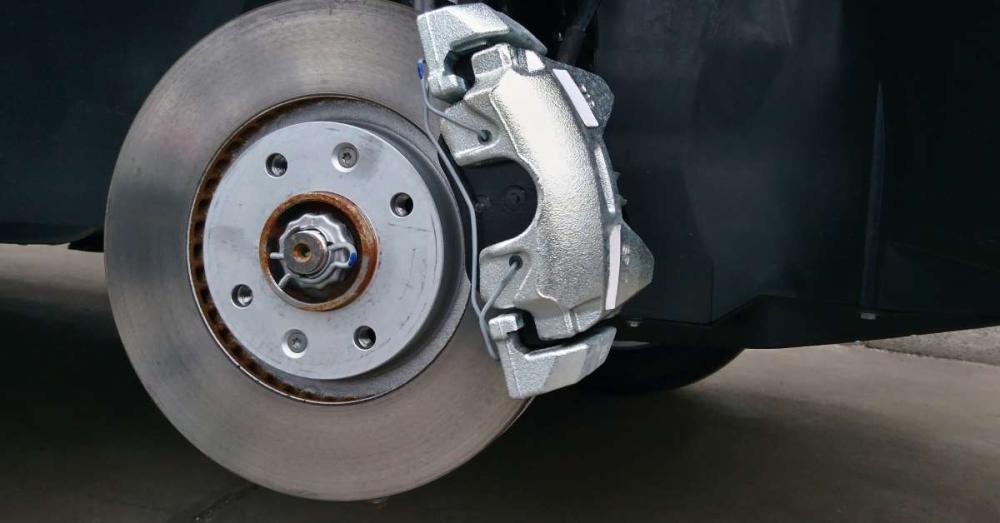
Our vehicles are often our main type of transportation, making their maintenance—and brakes, in particular—a top priority. And while it might seem that acceleration is the most important aspect of your vehicle, it’s not—braking is. Without the ability to stop, moving at higher speeds would be extremely dangerous. Because brakes wear down and can fail if not properly taken care of, having good brakes is crucial to owning a car.
Today, we’ll explain how to tell if your brake systems are wearing down. That way, you can make sure you’re as safe as you can be while on the road.
Reduced Braking Ability
One of the most common signs of a failing brake system is if your car isn’t slowing down as well as it used to. Most people have a good idea of how long it takes their car to come to a complete stop. If you ever notice that it’s taking a bit longer to slow down or if you have to push on the brake harder to stop in time, a failing brake system may be to blame.
Loud Screeching Noises
Unfortunately, a reduced ability to slow down isn’t always apparent in a failing brake system. That’s why there are other signs to look for to recognize whether yours is wearing down. One of the more annoying signs is a loud screeching noise. Everyone has heard this one at some time in their life. Typically, you’re more likely to hear it coming from an old vehicle that’s barely making it down the street, but it can happen to any brake system. If you ever hear screeching when slowing down, you should get your brakes checked.
Vibrations in Brake Pedal
Sometimes, the signs of failing brakes can be even more subtle. They might feel fine and not make a sound, but if you notice any vibrations coming from the brake pedal while slowing down at a stop sign, it could be from a worn-down brake system. These vibrations could also mean that your brake pads are merely dirty, but either way, getting a professional to check them out is the ideal course of action.
Visible Wear and Tear
If you’ve noticed any of these signs of a failing brake system but still want to be sure before taking your car to a professional or searching for brake pads for sale, you can always check them yourself. Don’t worry—you don’t need to take your vehicle apart to do this. All you need to do is check between the spokes of your wheels to see the status of your brake pad. If the brake pad is less than a quarter inch thick, you should make an appointment with your local mechanic to replace your pads and perhaps your rotors. Never delay in fixing your brakes. These pads are crucial components for keeping yourself and others on the road safe.


